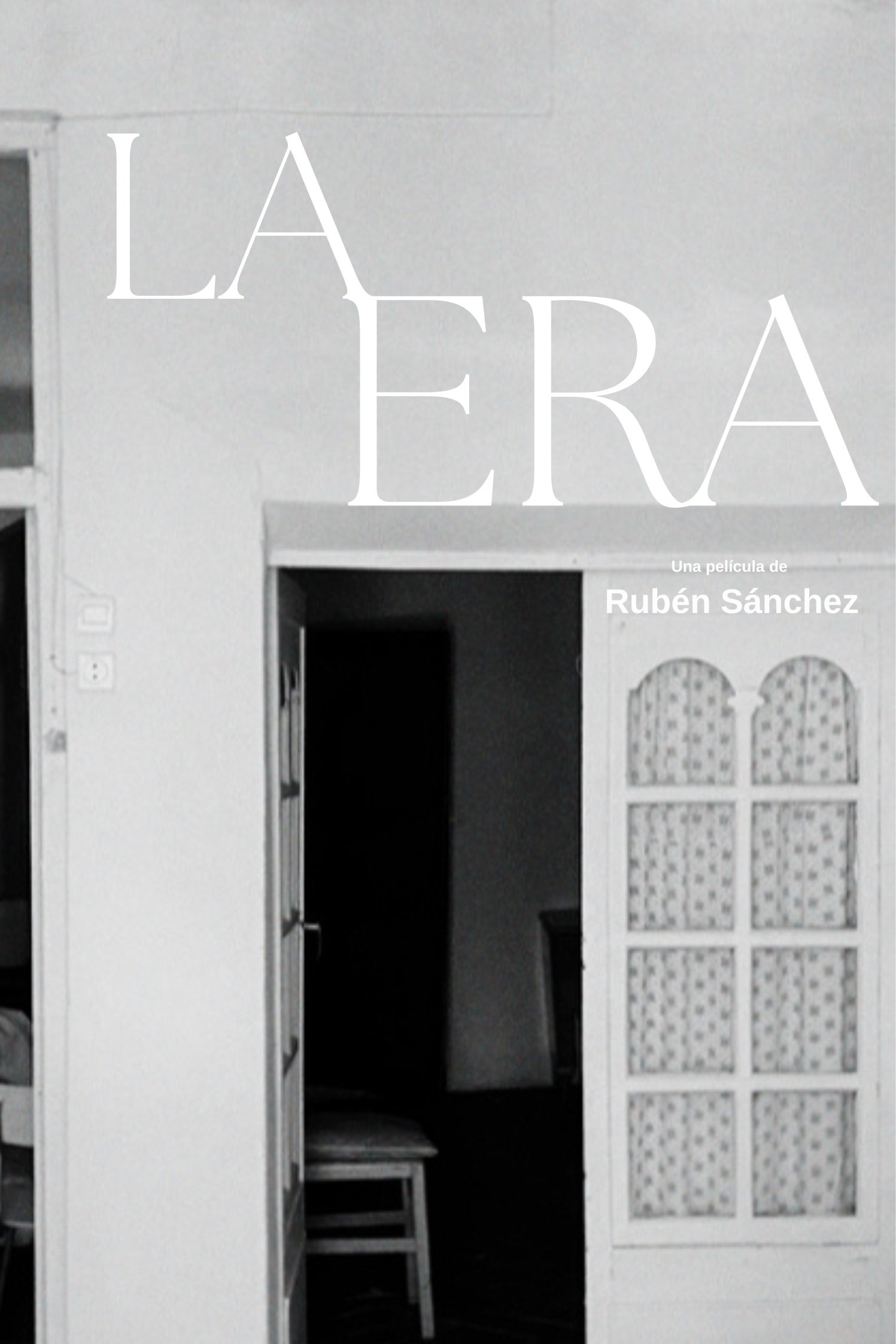
Browse all content tagged with this keyword.
Showing 186 results
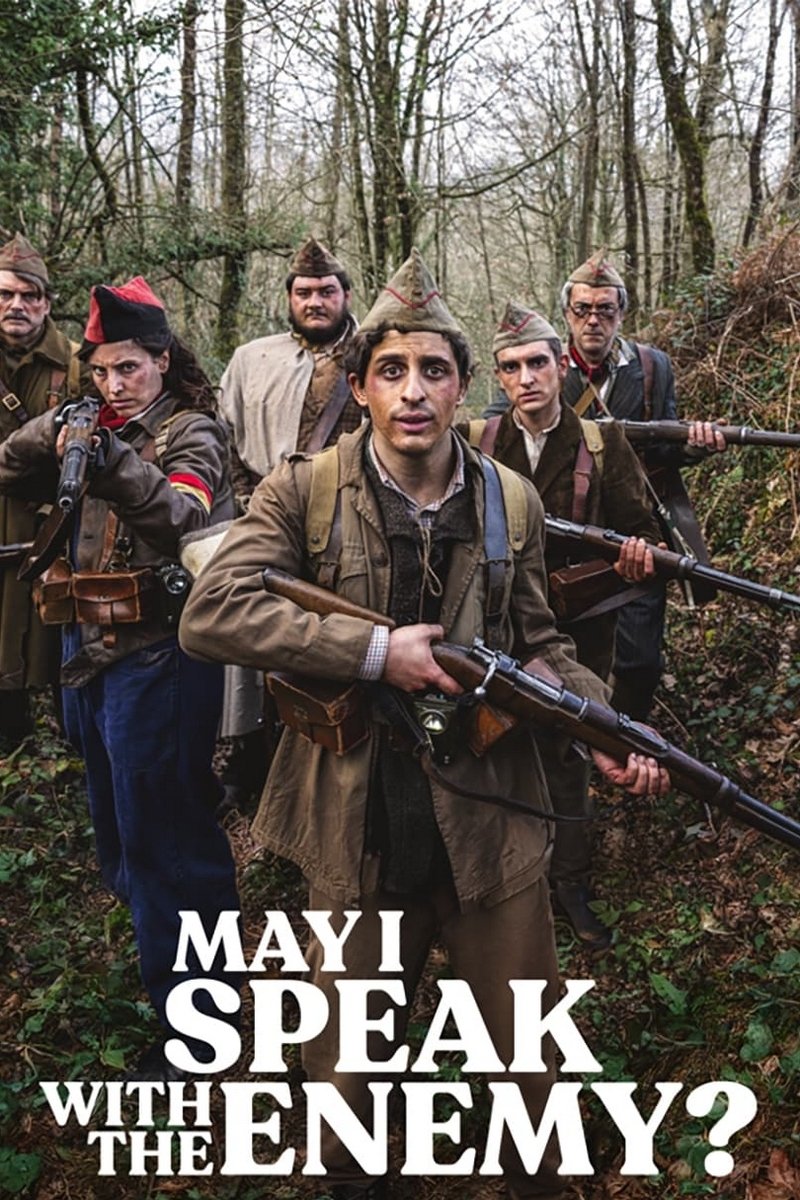
Madrid, Spain, 1936. The young Miguel Gila lives happily with...
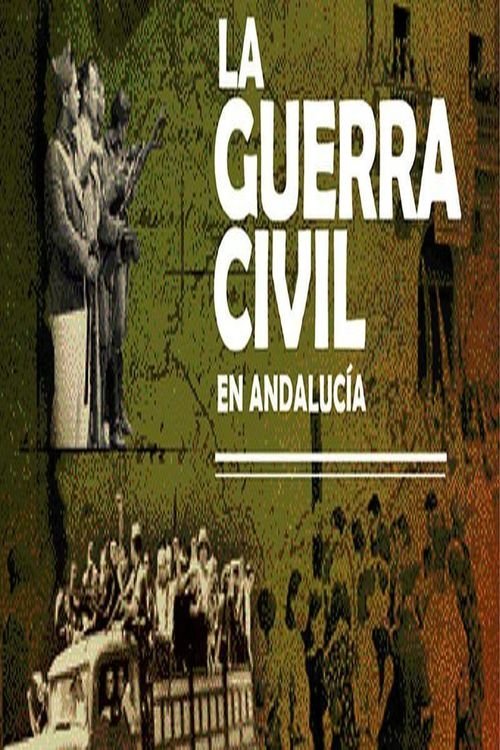

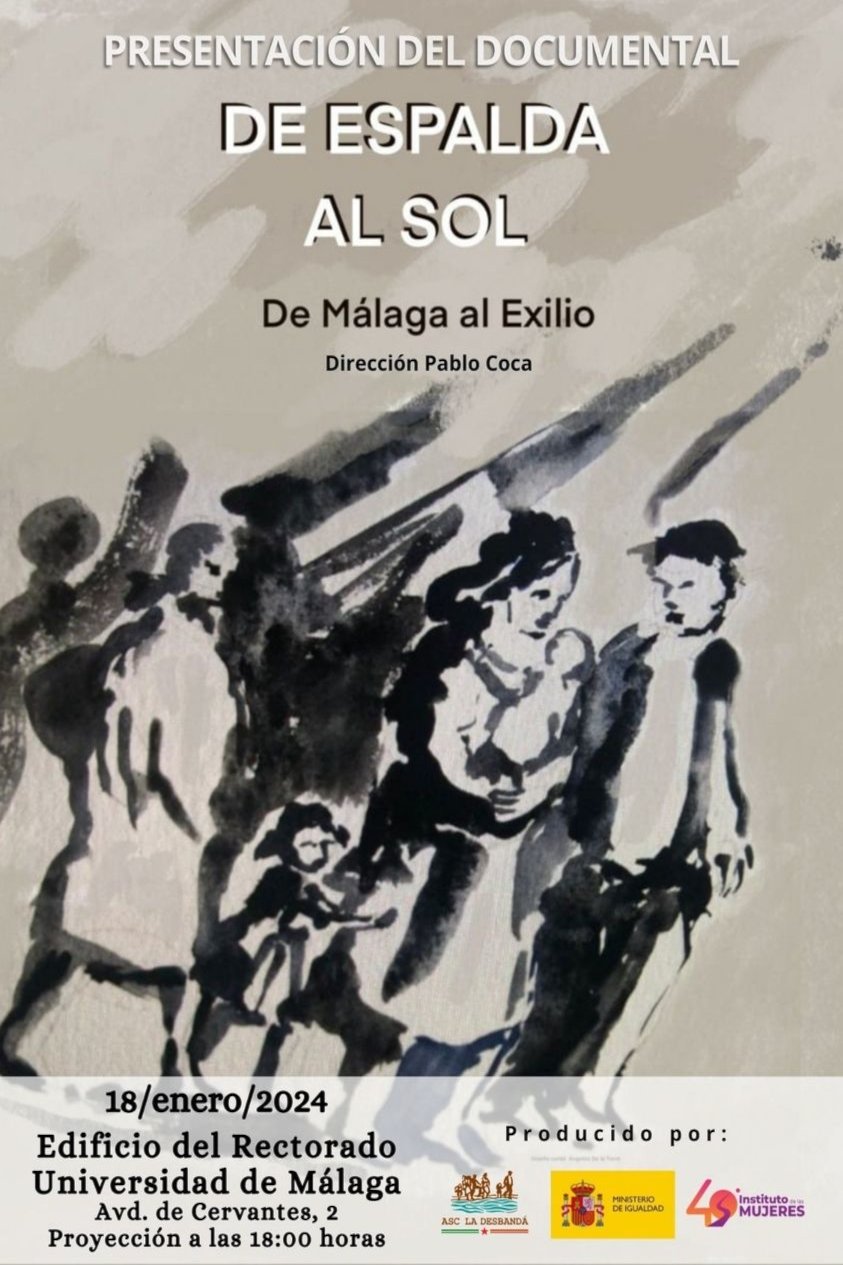
This documentary collects, through the testimonies of five survivors, four...
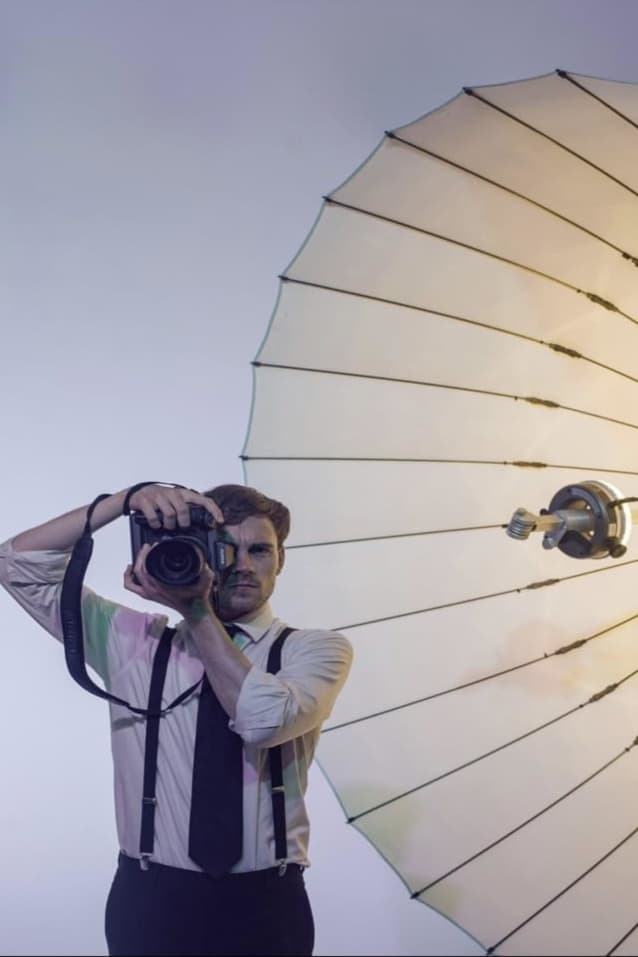
A disillusioned Australian photographer who once dreamed of glory as...
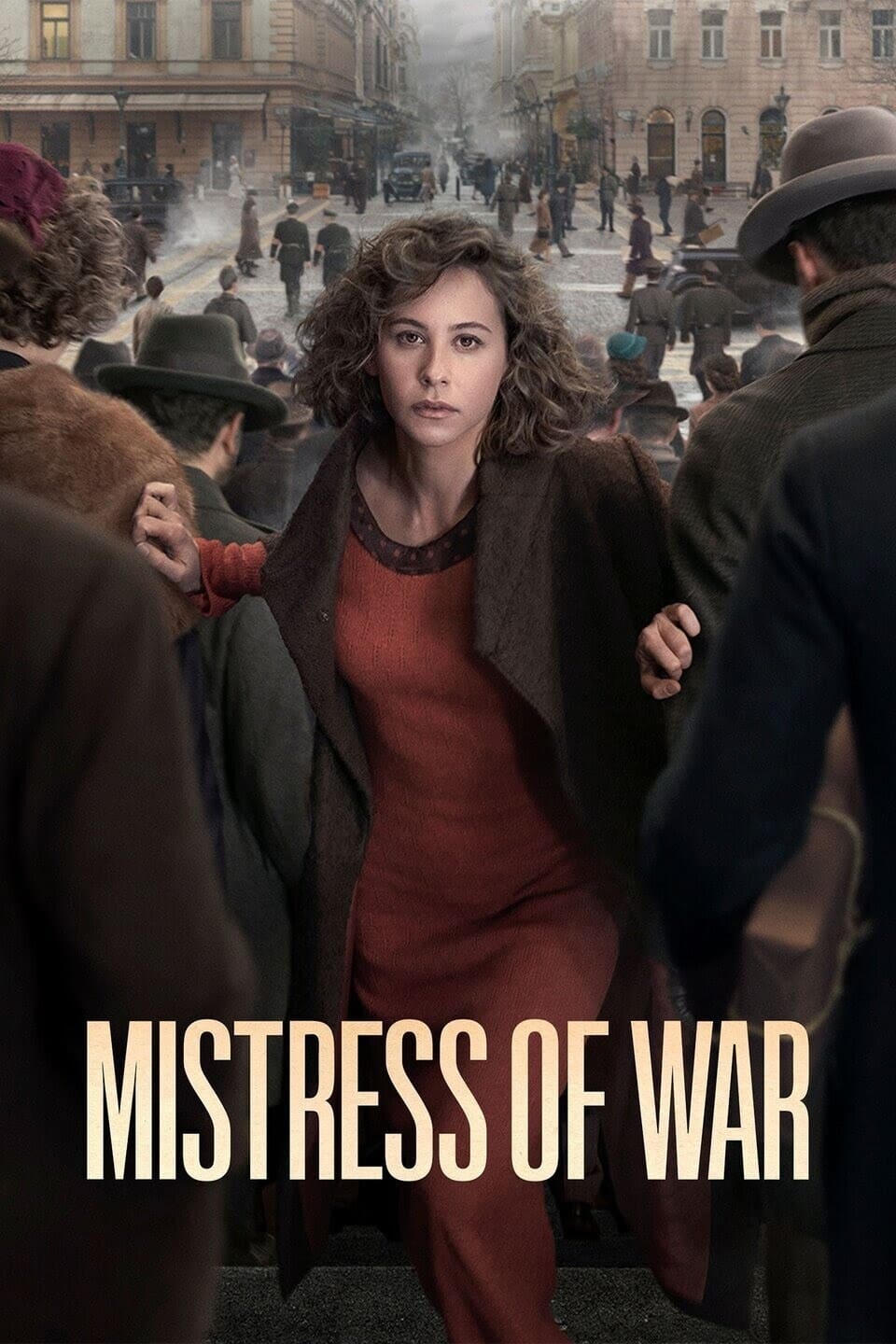
Amelia Garayoa gives up a comfortable life in her fight...
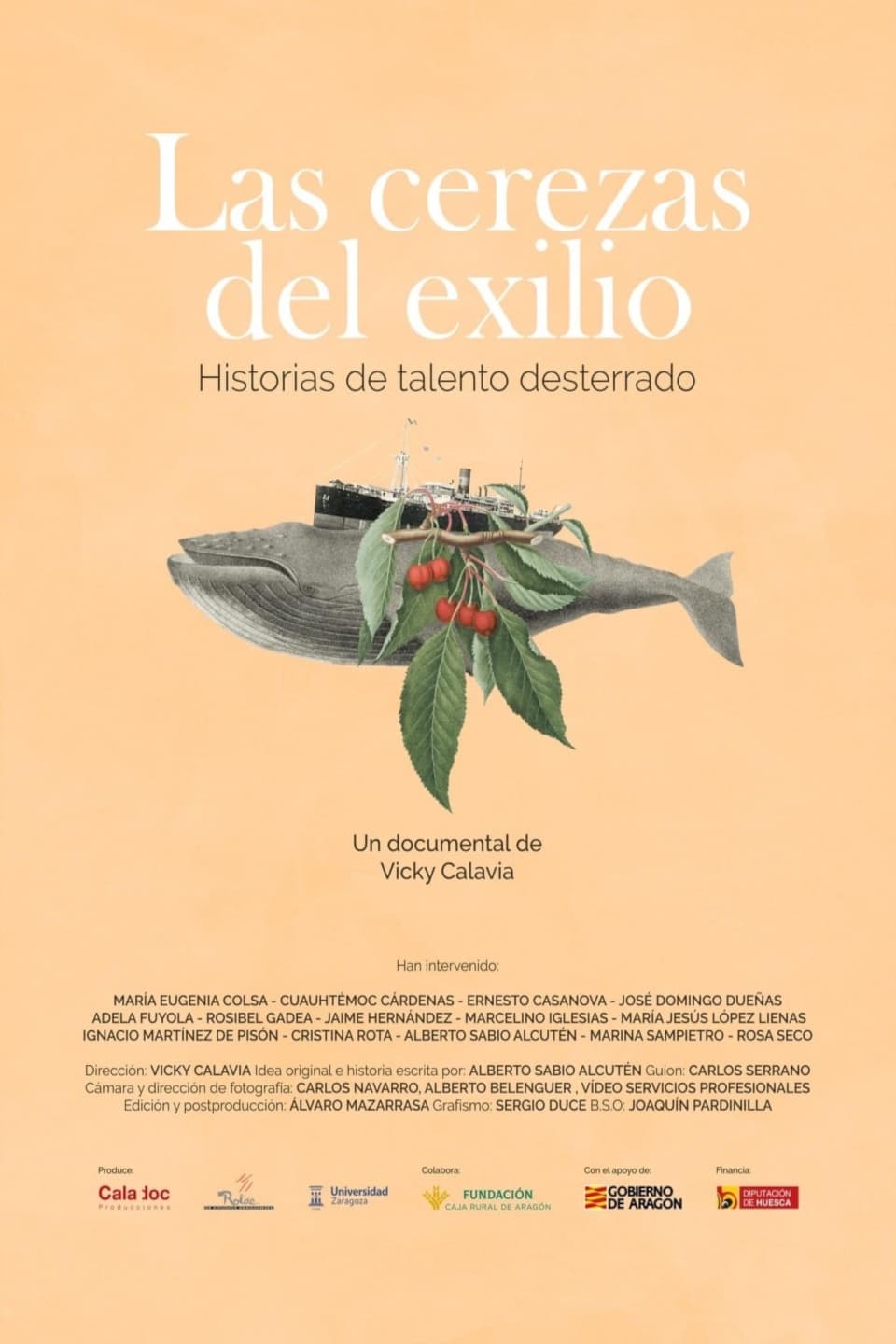
This film reveals testimonies, reflections and memories from the experience...
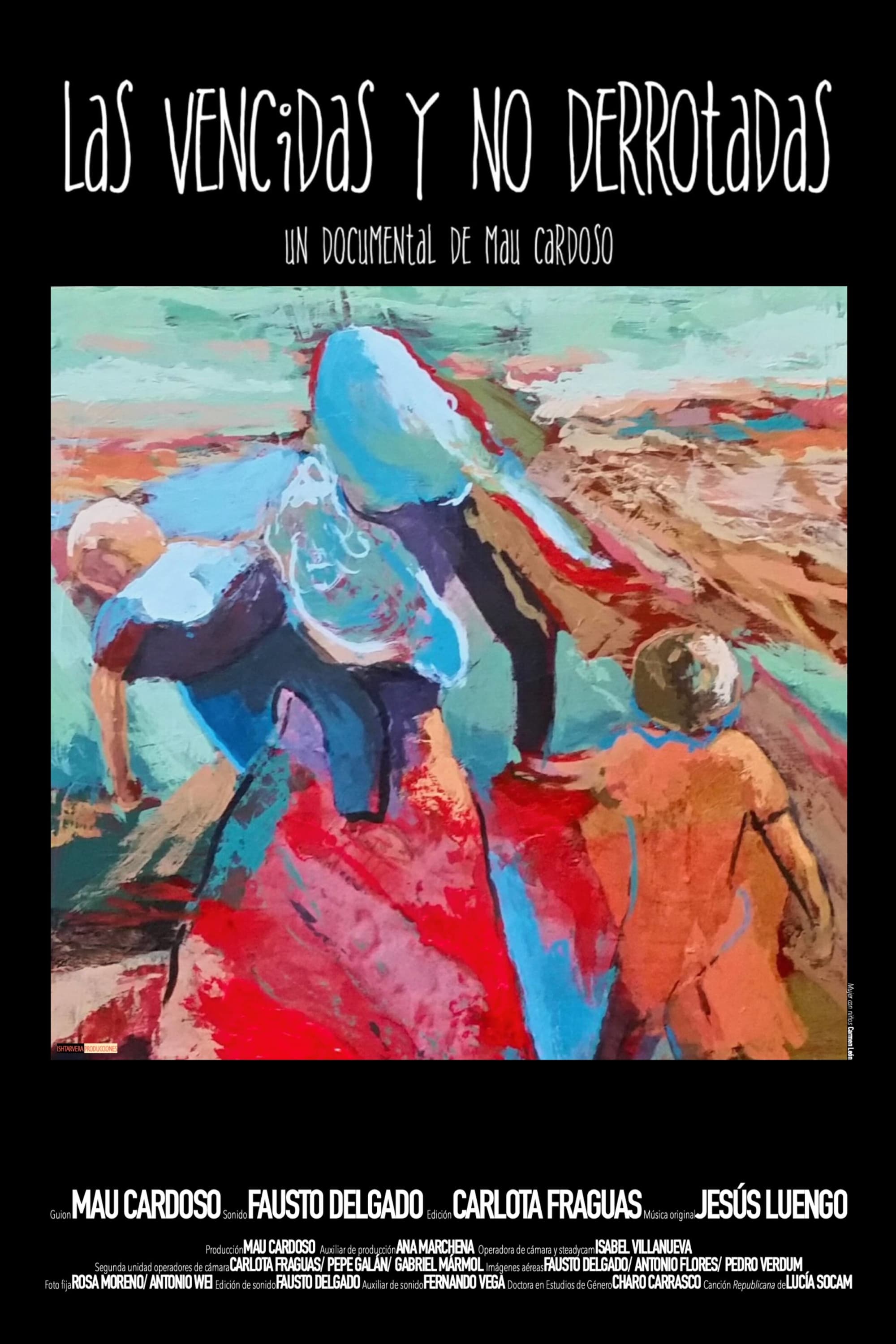
In 1936, after the coup d'état perpetrated by Franco against...
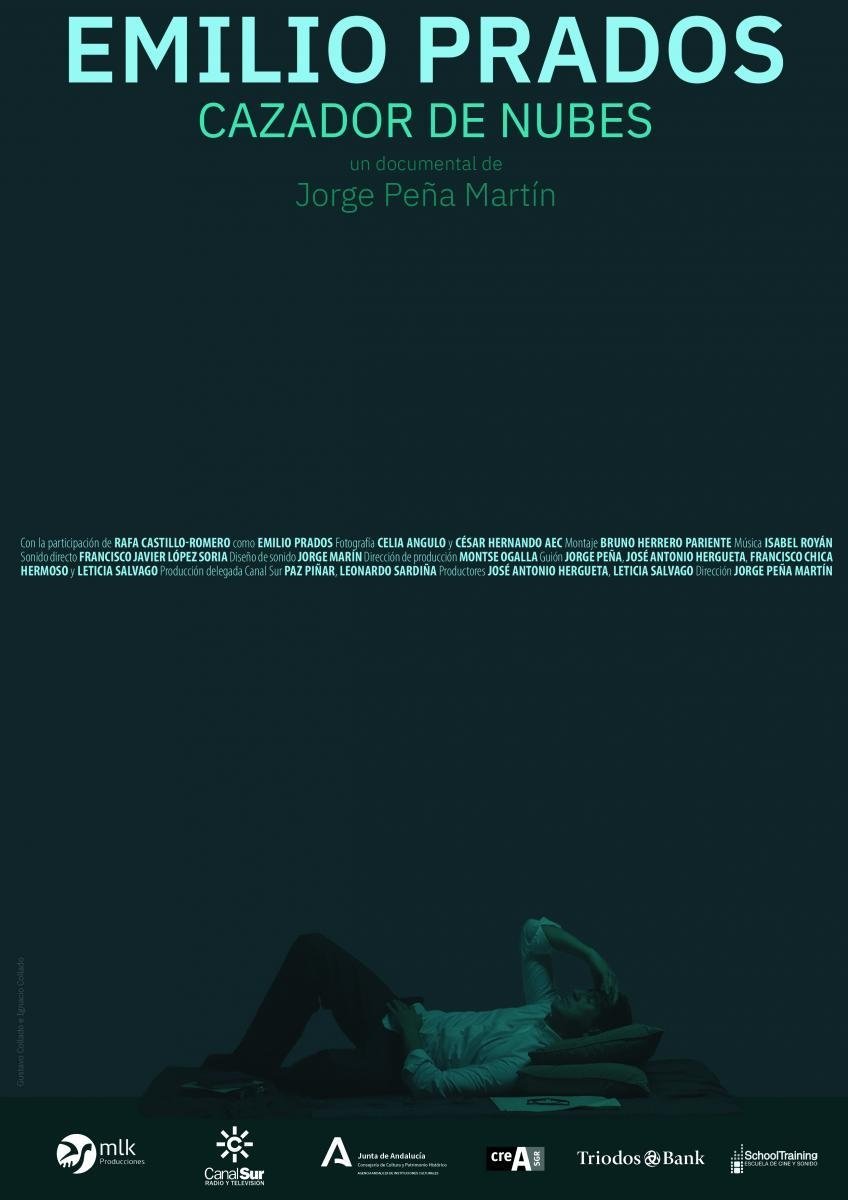
Heart of the Generacion 27, Spanish poet Emilio Prados recalls...
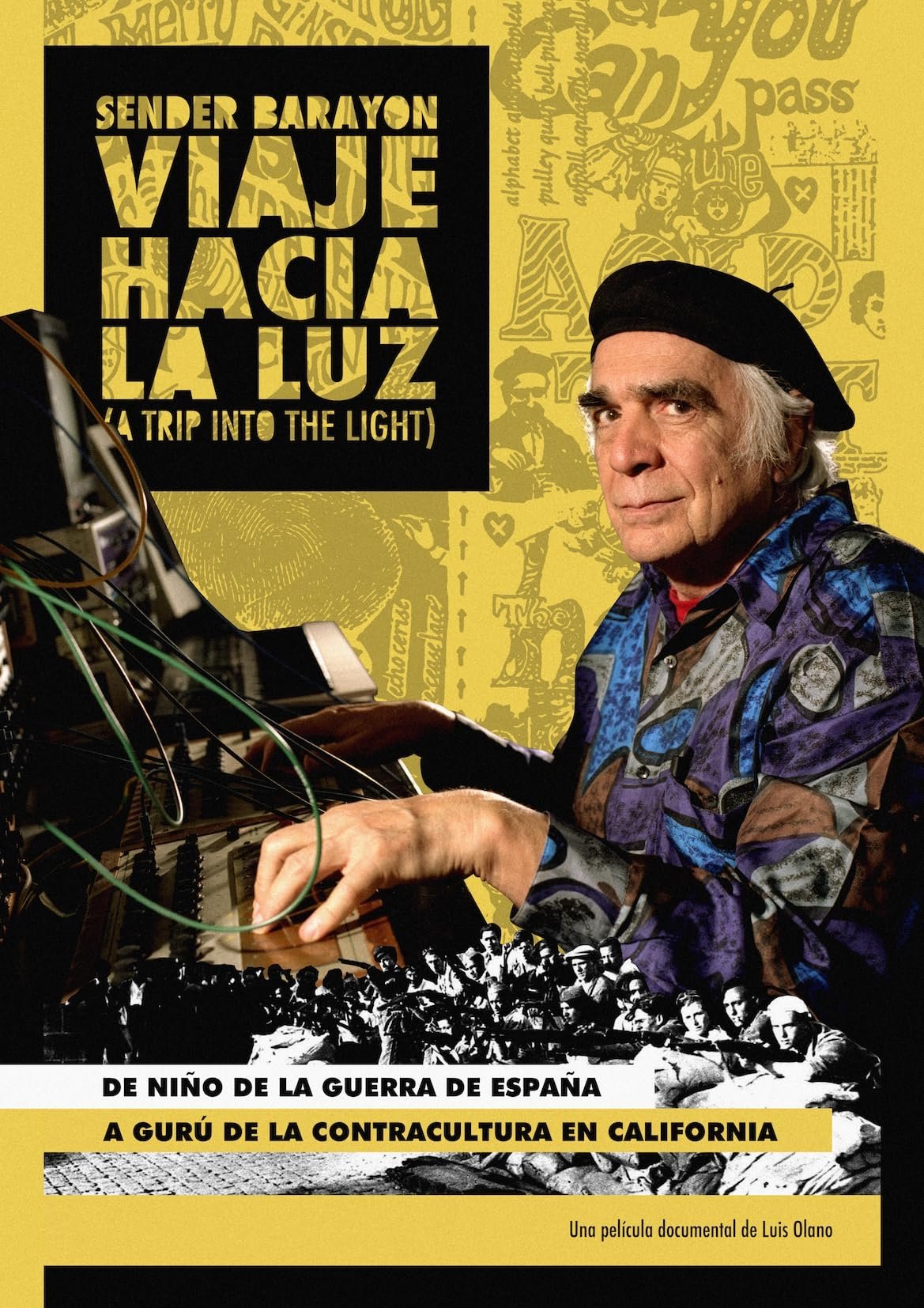
The story of the pioneering electronic composer Ramón Sender Barayón....
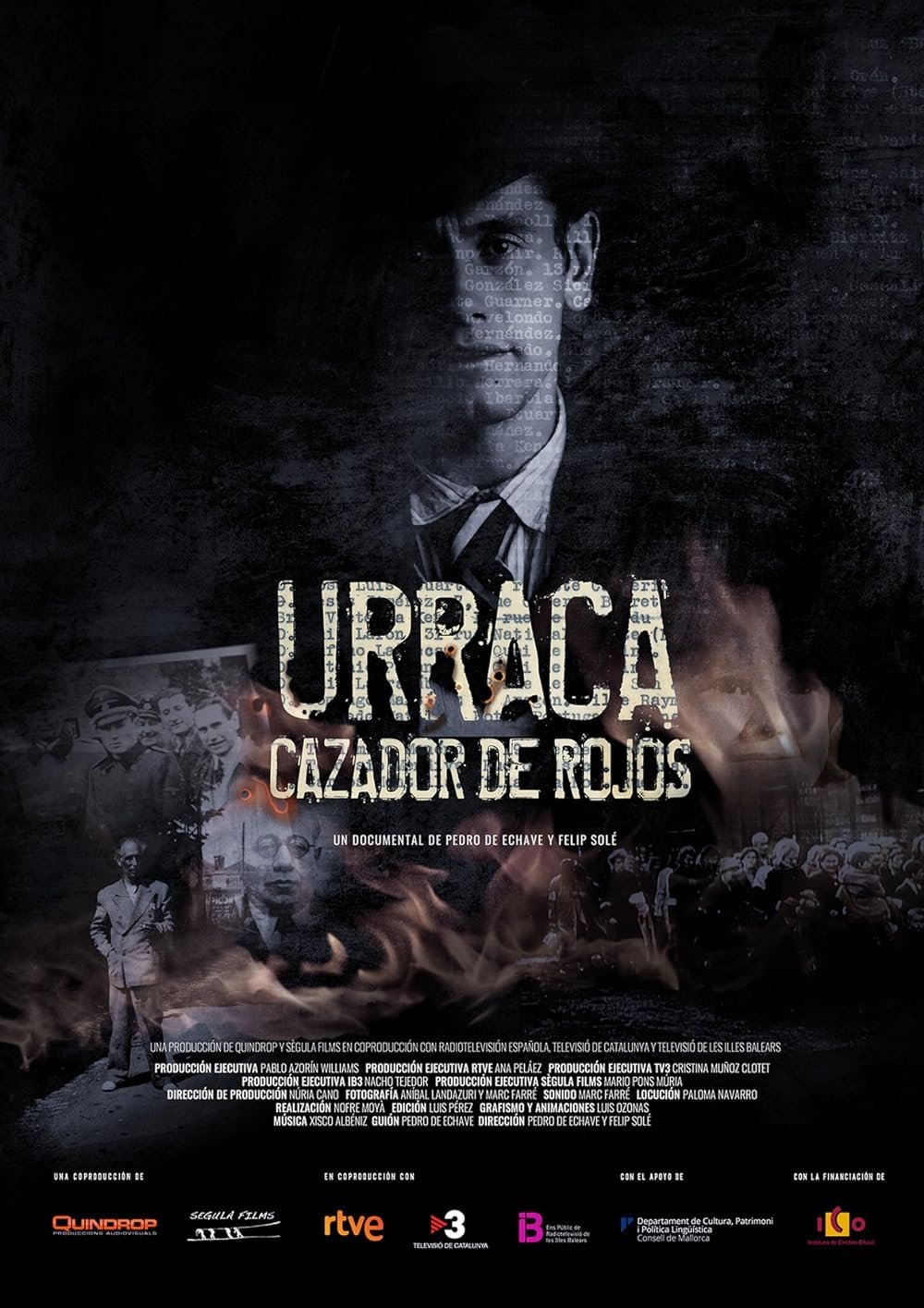
Pedro Urraca, Spanish policeman and Gestapo agent led the persecution...
